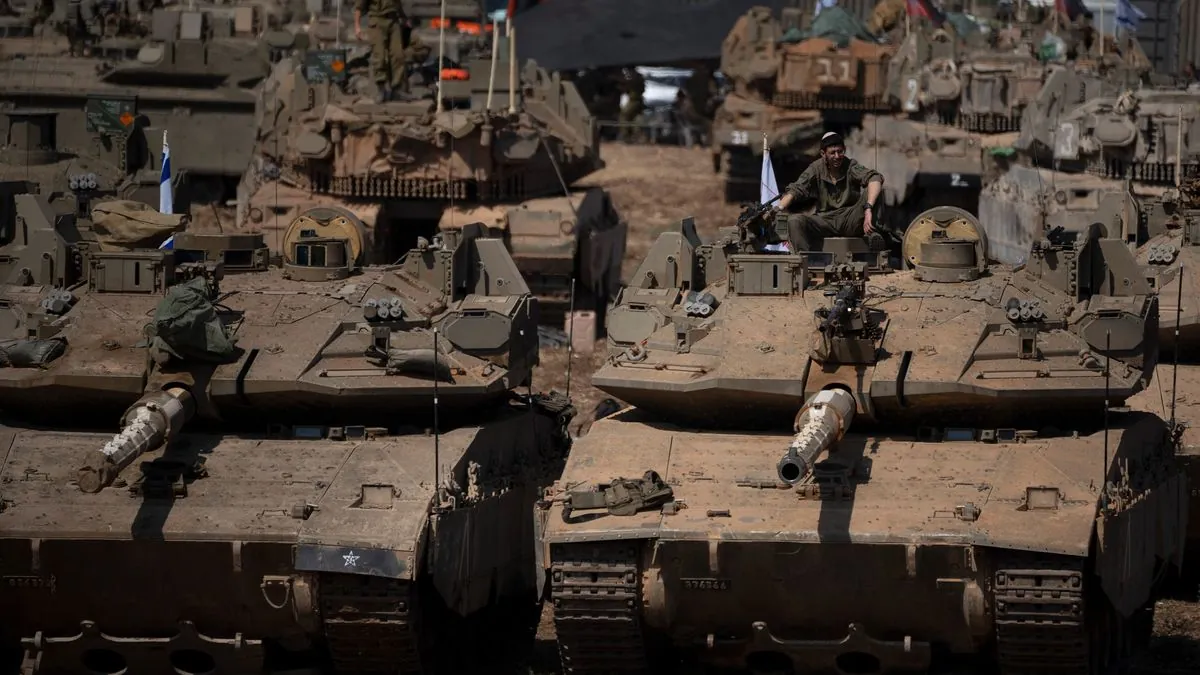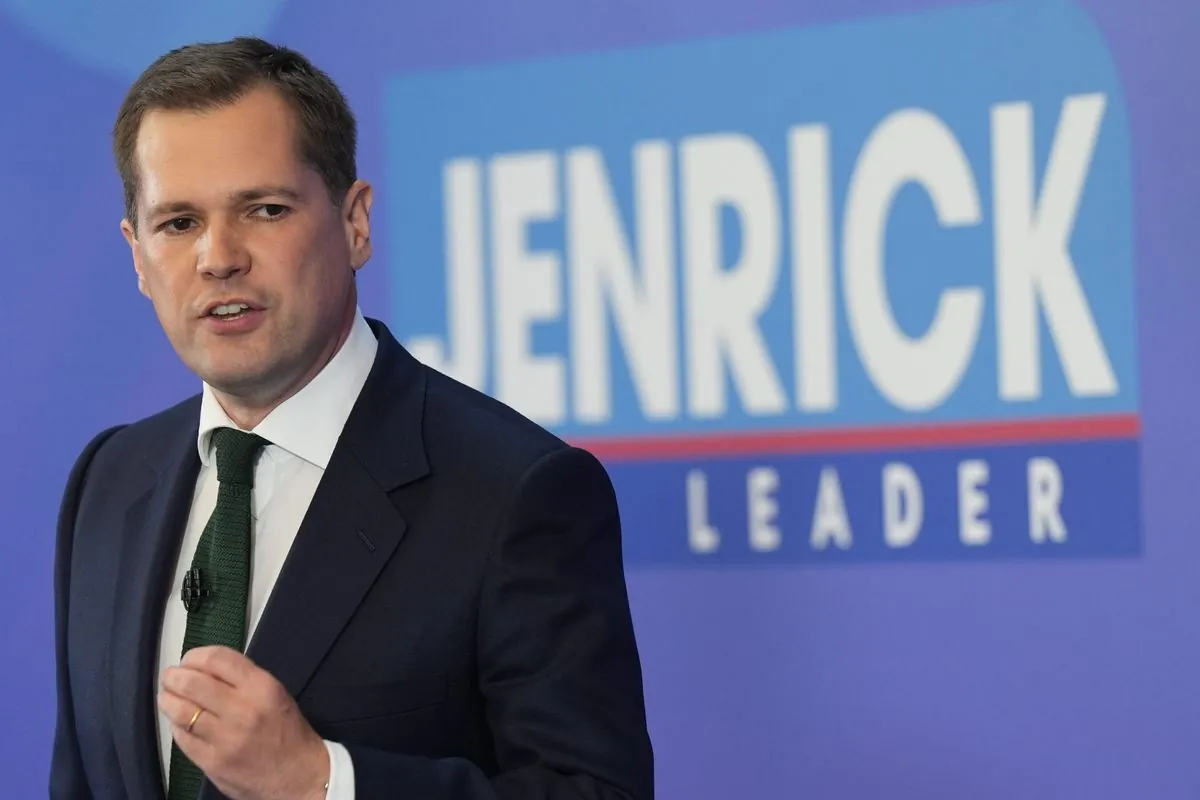Israel's Bold Strategy Outmaneuvers Iran in Middle East Conflict
Israel's decisive actions against Iran and its proxies demonstrate military superiority, while Western approaches to counterterrorism face criticism. The conflict raises questions about global security strategies.

In recent developments, Israel has demonstrated its military superiority over Iran and its proxies in the Middle East. Despite Iran launching over 500 missiles and drones at Israel, the attacks have proven largely ineffective. Conversely, Israel's single missile strike on Isfahan in April 2024 successfully destroyed a key nuclear weapons development facility.
Israel's Defense Forces (IDF) have been conducting a series of bold and effective military operations against terrorist organizations, particularly Hezbollah. These operations, meticulously planned over years, have significantly disrupted Hezbollah's command structure and communications, bringing the group to a near standstill. This success stands in stark contrast to Western countries' prolonged and less effective counterterrorism efforts against groups like Al Qaeda.

The conflict highlights the importance of decisive action in warfare. Israel's approach, characterized by broad rules of engagement and a willingness to accept civilian casualties as an inevitable part of war, has proven more effective than the cautious strategies employed by some Western nations. This disparity is particularly evident in the ongoing Ukraine-Russia conflict, where concerns about escalation have limited military responses.
Benjamin Netanyahu, Israel's Prime Minister, faces both political and existential challenges. While many Israelis hold him responsible for the security failures that led to the Hamas attack on October 7, 2023, his focus remains on defeating terrorist threats and ensuring Israel's survival.
"Our operations against Hezbollah are not just about immediate security concerns, but about safeguarding Israel's future in a volatile region."
Iran's role in fueling regional conflicts and its nuclear ambitions have been central to the ongoing tensions. The recent missile attacks on Israel have exposed Iran's military vulnerabilities, particularly its lack of advanced defense systems like the Iron Dome. This disparity in defensive capabilities may force Iran to reassess its aggressive stance in the region.
The situation also raises questions about the effectiveness of international diplomacy and sanctions. Despite numerous UN resolutions and the 2015 Joint Comprehensive Plan of Action (JCPOA), Iran's nuclear program has remained a source of global concern. The International Atomic Energy Agency (IAEA) continues to monitor nuclear activities worldwide, including Iran's, but challenges persist in ensuring full compliance.
As the conflict unfolds, the international community watches closely. The Abraham Accords of 2020, which normalized relations between Israel and several Arab states, have added a new dimension to regional dynamics. However, the ongoing tensions with Iran and its proxies continue to threaten stability in the Middle East.
The situation in the Middle East serves as a stark reminder of the complex interplay between military action, diplomacy, and international law in resolving conflicts and maintaining global security. As events continue to unfold, the world awaits to see if Israel's bold strategy will lead to a more stable region or if further escalation is on the horizon.


































